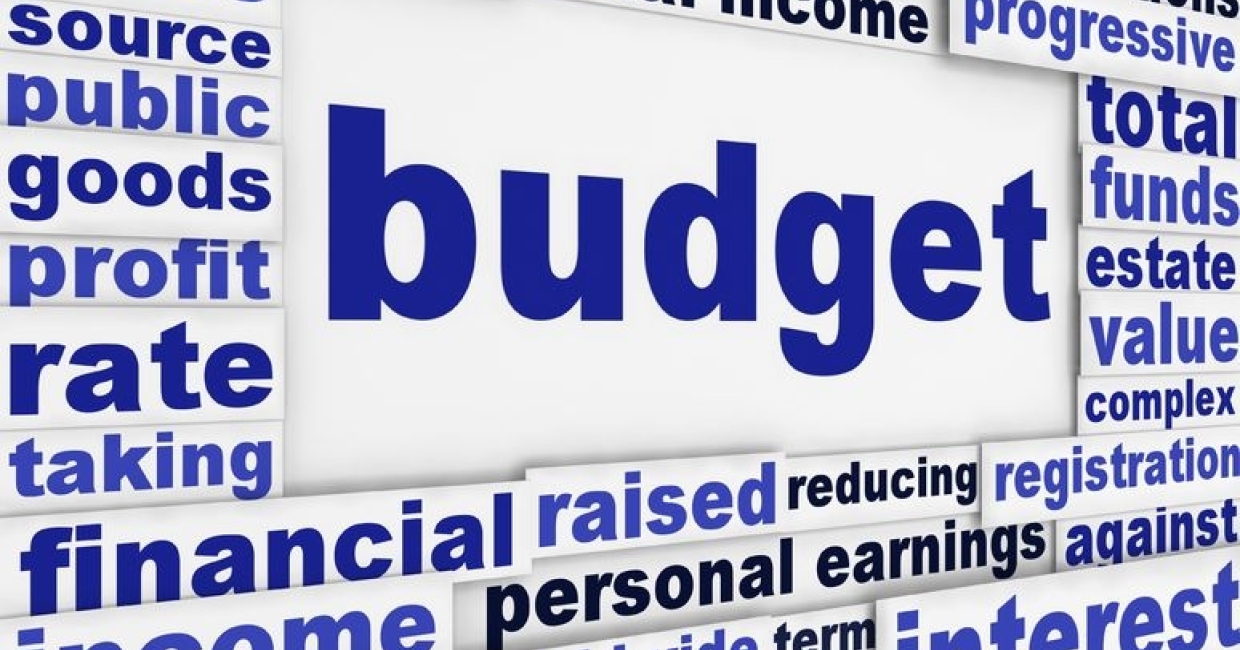Responding to today’s Budget announcement, Verdict Retail has identified a number of issues relevant to the retail sector. Consumers will welcome the scrapping of the fuel duty rise and increases to their personal tax allowances, though Verdict believes it is debateable how much benefit there will be to both consumers and retailers amid rising food and energy prices. It also said that the debate around business rates was swept aside by the Chancellor today, despite much noise about the pressure on retailers.
In terms of consumers, the personal tax allowance of £10,000 a year has been accelerated, and will now come into force in 2014. Verdict’s Andrew Stevens says: “While the bringing forward of an increase in personal allowance to £10,000 from 2015 to April 2014 will generate headlines for the Chancellor, it will only generate £9.33 extra per month for those currently earning over the £9440 threshold.
“With high inflation in energy, fuel – despite the cancellation of the duty increase – and importantly food, very little of this money is going to be used as discretionary income. Though this extra income will help consumers to counteract inflation, we are unlikely to see a positive impact on retail volumes.”
The planned fuel duty rise for September 2013 is now scrapped. Tax-free childcare vouchers for working families of 20% towards the first £6000 of childcare costs per child will be issued. While other alcohol duties remain in place, beer prices will be cut by 1p a pint.
Verdict’s Honor Westnedge says: “The cancellation of the fuel duty rise which was to be actioned in September will come as a relief to consumers and those retailers which operate out of town stores, though consumers will be no better off as petrol prices will remain high and continue to take up a large proportion of disposable incomes.”
In the business sector, the first £2000 of national insurance paid by every company is cut. Corporation tax will be cut to 20% in 2015. There will be a public sector payrise cap of 1% in 2015/16. Measures unveiled on tax avoidance include a ‘name and shame’ policy against those actively promoting tax avoidance.
Verdict’s Patrick O’Brien says: “The failure of the Fair Rates For Retail campaign run by the British Retail Consortium and Retail Week looks to have been confirmed by the Budget. Despite the efforts of so many in the industry to highlight the increasing burden business rates are placing on retailers, George Osborne has ignored them, and if he can ignore them now, following the concerted pressure put upon them, then it doesn’t look likely that he will ever listen.“
For housing, there was the announcement of a Help To Buy scheme which introduces measures for potential homeowners.
There will be a capital investment of £3.5bn over next three years into equity loans of 20% on homes worth not more than £600,000 for anyone who can pay a 5% deposit. Loans are interest-free for the first five years, and are repaid when the property is sold. A Mortgage Guarantee, aimed at those who can afford a mortgage but not a large deposit, will be available from 2014, and running for three years.
Verdict’s Patrick O’Brien says: “While reinflating the housing bubble looks like a risky play in terms of the economy, this could really have a beneficially impact on home-related sectors, furniture and floorcoverings, DIY and gardening, and homewares. These have all been hit by the stagnation of the housing market, and the announced measures should encourage purchases, especially from first-time buyers, though by stipulating new builds, the chancellor is more focused on helping the construction industry over any other sector.”
In terms of the economy in general, the GDP growth forecast for 2013 was downgraded to 0.6%, with recovery expected in 2014, when growth is forecast to be 1.8%. After this, growth is forecast at 2.3% in 2015, 2.7% in 2016 and 2.8% in 2017. Employment forecasts have been revised upwards, with the Office for Budget Responsibility now expecting 600,000 more jobs in 2013.
The deficit is forecast to be 7.4% this year, falling to 6.8% in 2014, and reaching 2.2% by 2017/18. Borrowing is forecast to hit £114m this year, reducing to £87b in 2015/16, £61b in 2016/17 and £42b in 2017/18. A £3b spend a year is planned for infrastructure – but not until 2015/16. The CPI inflation target for the Monetary Policy Committee remains at 2%.
Verdict’s Honor Westnedge says: “Employment forecasts have been revised upwards, which is a positive outlook for retailers as more consumers will be in work, allowing them to spend on retail. However, it is unclear that the increase will be of people in full-time work or if it is actually consumers in part-time roles or roles paying a lower wage, which ultimately will continue to impact expenditure on retail, particularly on discretionary, non-food sectors.”







